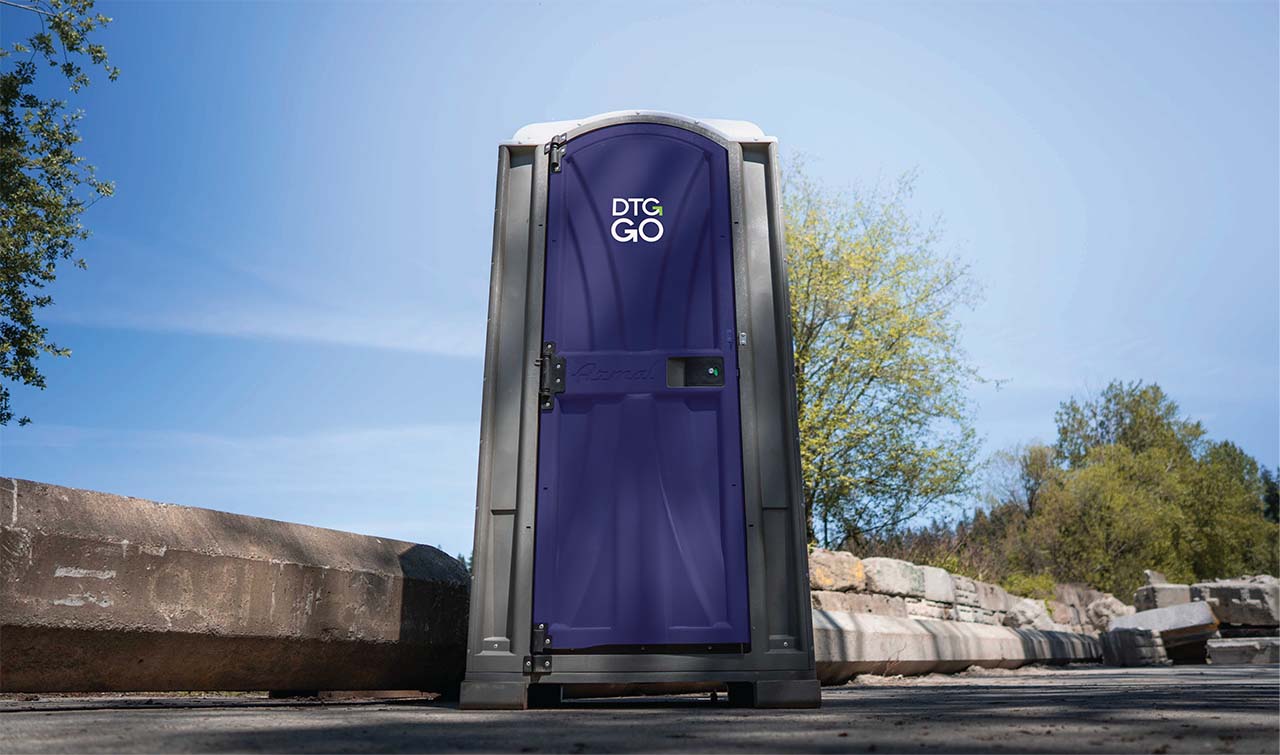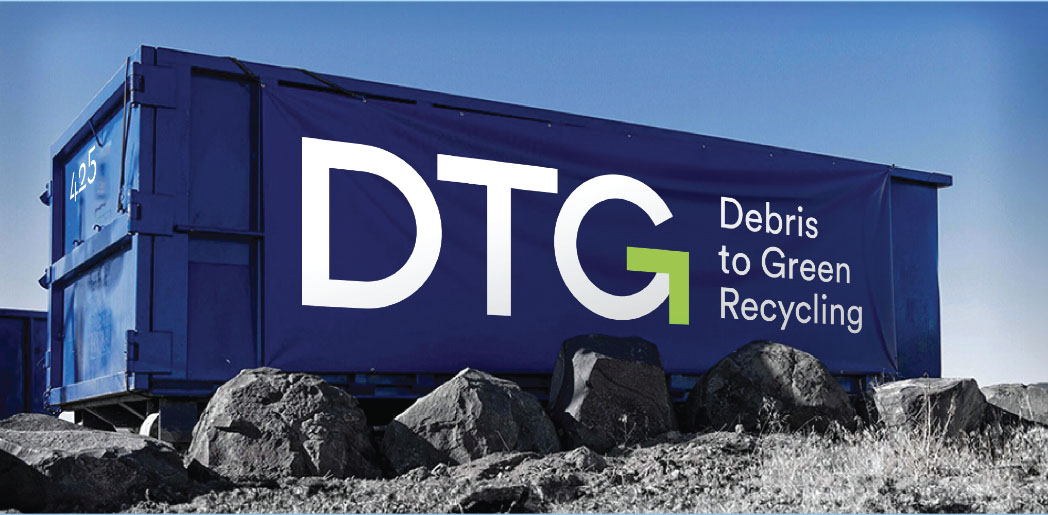DTG Facility
Please note: We cannot accept non-recyclable items at any of our facilities, including household garbage! Please refer to the below list for materials we can accept.
8504 192nd Ave NE
Redmond, WA 98053
Monday – Friday: 7 AM – 6 PM
Saturday & Sunday: Closed

